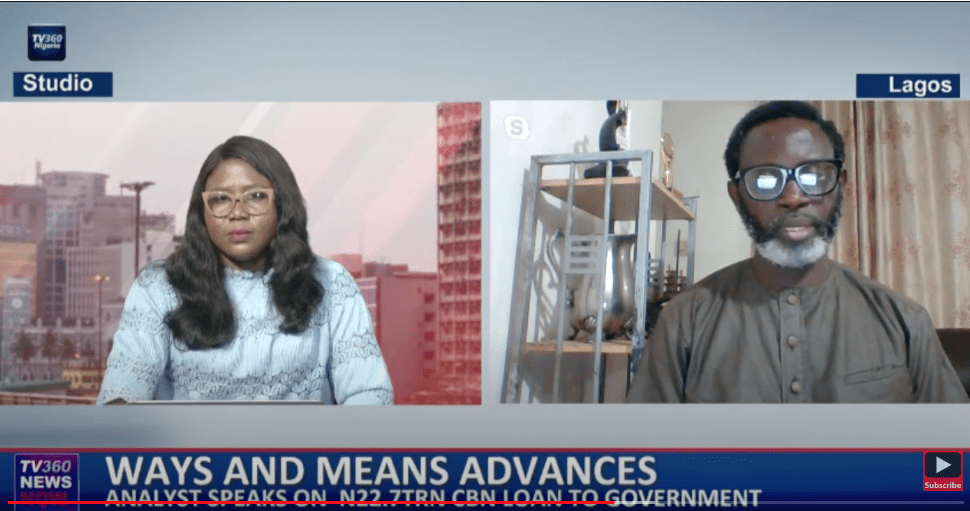Nigerian Businesses Grapple with Economic Challenges, but Confidence Shows Signs of Recovery

In February 2025, Nigerian businesses faced significant setbacks, with a sharp decline in investment and falling prices severely dampening demand and stifling growth.
According to the latest NESG-Stanbic IBTC Business Confidence Monitor for March 2025, investment in the country dropped by a concerning 39.50%, while price levels saw a reduction of 23.78%, contributing to a weakened business climate.
Despite these challenges, the report also highlighted some signs of optimism, with business confidence improving slightly at the start of the year. The Current Business Index saw a rise from +5.69 in January to +11.50 in February, signaling a modest recovery in business activity. While the overall performance remained weak, a number of sectors experienced improvements, though some sectors like agriculture saw a slowdown.
The report pointed to several critical factors limiting business growth in the country. Limited access to foreign exchange, persistent power shortages, unclear economic policies, and high commercial lease costs were identified as major challenges businesses had to contend with. These hurdles were compounded by the ongoing strain caused by Nigeria’s high exchange rate, which continued to erode profitability and disrupt pricing strategies, alongside rising import costs.
Business expansion was further hindered by difficulties accessing finance. The high cost of doing business remained a key concern, despite a slight decrease from the previous month, staying at +47.18. Similarly, access to credit showed a notable decline, with the credit access index falling to +24.84, reflecting the tight credit conditions businesses faced due to unfavorable macroeconomic conditions.
While the figures paint a picture of a challenging business environment, the report emphasized the resilience of Nigeria’s business sectors. Positive trends were observed in Trade (+21.48), Manufacturing (+10.35), Non-Manufacturing (+10.21), and Services (+7.15), although agriculture lagged behind with a smaller increase of +2.69.
Despite these improvements, the overall economic climate in Nigeria continues to pose significant hurdles for businesses, particularly in terms of rising operational costs and limited financing opportunities. These challenges are likely to persist, underlining the need for clearer economic policies and structural reforms to support sustainable business growth in the country.





